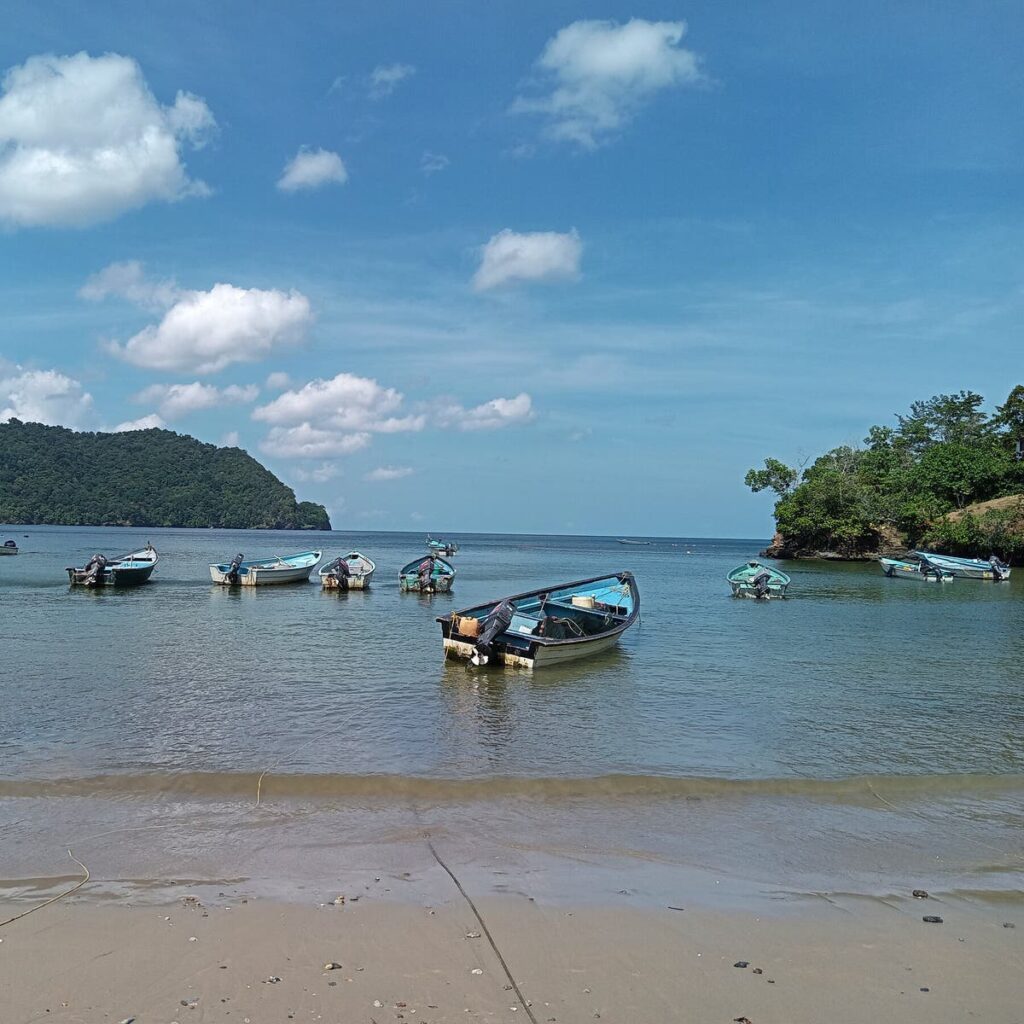Venezuela has taken its dispute with Washington to the United Nations, asking the Security Council to determine that recent U.S. strikes near its territorial waters were unlawful. The appeal marks one of Caracas’ most aggressive diplomatic responses in years, coming at a moment when former President Donald Trump has openly confirmed the use of U.S. intelligence operations against the Maduro government.
The Venezuelan government says several people were killed when American forces targeted vessels operating off its coast. Officials in Caracas argue the strikes violated the U.N. Charter and constituted an attack on national sovereignty. Diplomats representing Venezuela have requested an urgent discussion at the Security Council and a formal ruling that the United States acted outside international norms.
Trump, speaking earlier this week, acknowledged that he authorized the Central Intelligence Agency to carry out covert activities inside Venezuela during his administration. While U.S. involvement there has long been an open secret, direct confirmation from a former president is uncommon and could complicate Washington’s legal and diplomatic standing.
American officials have for years accused President Nicolás Maduro and senior figures in his government of facilitating drug trafficking and collaborating with criminal networks. Multiple U.S. indictments and sanctions have been issued under those claims. Trump doubled down on those allegations, calling the strikes “legitimate actions” aimed at protecting American interests and countering transnational crime.
Maduro continues to reject the accusations, insisting the United States is using law enforcement rhetoric to justify efforts to destabilize his government. He has previously accused Washington of backing coup plots and economic pressure campaigns to remove him from power.
The Biden administration has not commented directly on Venezuela’s filing to the U.N. Nor has it clarified whether the CIA activities authorized under Trump have been halted, revised, or replaced with a different strategy.
The dispute places the U.S. in a delicate position at the Security Council, where several member states—particularly Russia and China—have backed Maduro in the past. A formal debate could reopen global scrutiny of American intervention in Latin America and test Washington’s ability to defend unilateral military actions without broader international approval.
For Maduro, the U.N. challenge offers an opportunity to reposition himself as a head of state resisting external aggression. His government is expected to use the proceedings to argue that U.S. operations constitute a pattern of interference in Venezuela’s internal affairs.
Whether the Security Council takes up the request remains uncertain, but the public confirmation of covert action by a former U.S. president has already shifted the tone of the confrontation.

